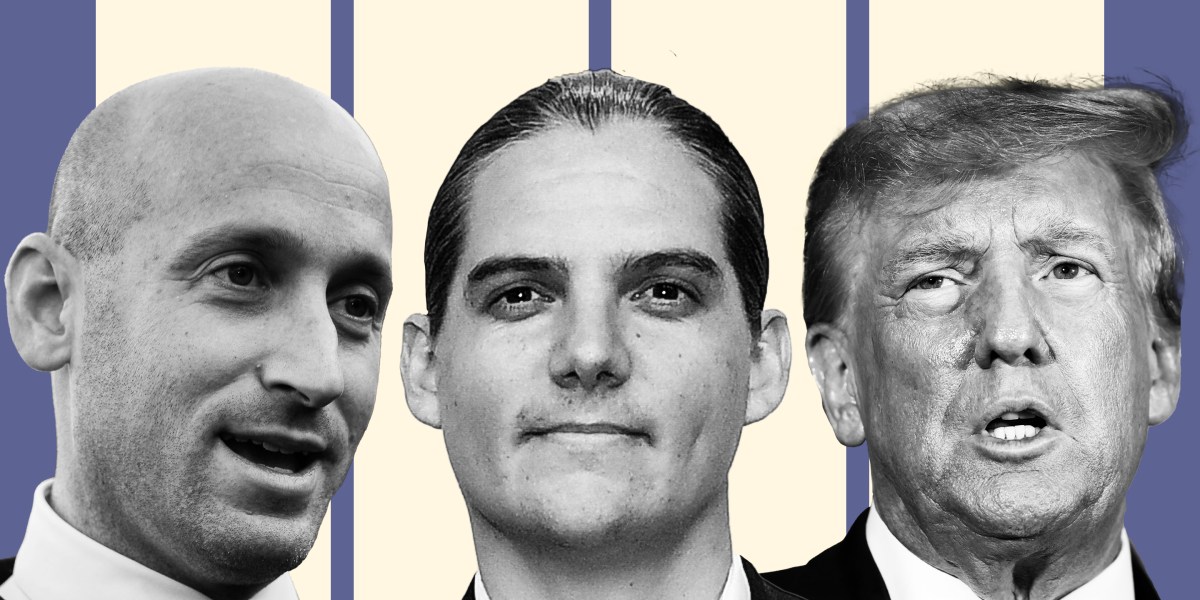Corporate Crusaders: Inside the Anti-DEI Movement Targeting America's Biggest Brands

Long before Donald Trump launched his direct assault on corporate diversity, equity, and inclusion (DEI) initiatives, a network of conservative activists, think tanks, and legal strategists had been quietly laying the groundwork for this cultural battle.
These influential figures and organizations systematically challenged affirmative action, racial equity programs, and inclusive workplace policies through strategic legal challenges, political advocacy, and public messaging campaigns. Key players like Christopher Rufo from the Manhattan Institute and Edward Blum, a conservative legal strategist, have been instrumental in crafting narratives that portray DEI efforts as discriminatory and divisive.
Organizations such as the Center for Equal Opportunity and the American Civil Rights Project have consistently argued that diversity programs constitute reverse discrimination, providing intellectual ammunition for those seeking to dismantle corporate inclusion strategies. Their persistent legal and rhetorical attacks created a fertile environment for Trump's subsequent executive actions and policy challenges.
By framing DEI as a form of "woke ideology" that undermines merit and individual achievement, these groups effectively prepared the political and legal landscape for more aggressive challenges to corporate diversity practices. Their sustained efforts transformed what was once a marginal perspective into a mainstream conservative talking point, ultimately paving the way for Trump's more direct and comprehensive attacks on corporate inclusion initiatives.
The groundwork laid by these pioneers ensured that when Trump entered the political arena, he found a receptive audience eager to challenge what they perceived as systemic racial and gender-based preferences in workplace environments.

